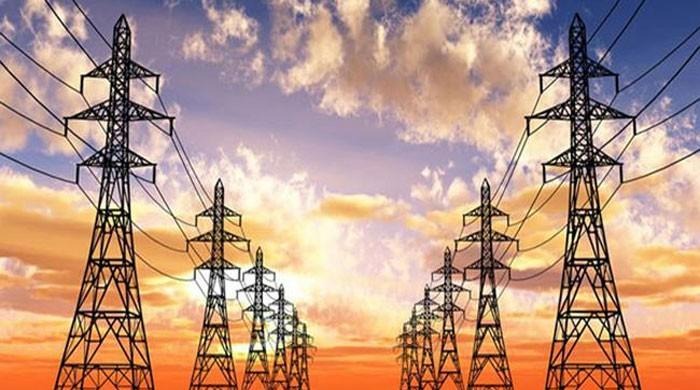ISLAMABAD: The government needs to upgrade infrastructure for the transmission and distribution of electricity by involving the private sector to reduce line losses and control the shortage of power in Pakistan, WealthPK reports.
The major cause of power shortage in the country is line losses. In the financial year 2021-22, the amount of power lost during transmission by distribution companies was recorded at 22,298 Gigawatt hours (GWh).
In the same fiscal, the financial effect of transmission and distribution losses as a result of the inability to reach National Electric Power Regulatory Authority (NEPRA) goals was also calculated at Rs520.3 billion.
Tuaha Adil, a research economist at the Policy Research Institute of Market Economy, told WealthPK that the distribution companies (DISCOs) lacked the ability to improve their efficiency and reduce losses as a result of government bailouts to keep them afloat, lax regulation by the regulator and the mismanagement of those firms.
According to data, the Peshawar Electric Supply Company (PESCO) has recorded the highest losses of 6,205 KWh. Other DISCOS, like MEPCO and LESCO, are also experiencing huge losses.
“The government’s inability to reduce transmission and distribution losses is mostly due to the lack of attention given to the upgradation of infrastructure for distribution and transmission of electricity. The government always lays greater emphasis on the generation of electricity,” said Adil.
He said that in 2022, transmission and distribution losses were recorded at Rs520.3 billion as 22,298 GWh of electricity was lost by distribution companies, except K-Electric. He said that the government had to pay subsidies, raise the base price and increase tariffs to cover the line losses. He added that the ultimate burden of the inefficiency was passed on to consumers.
According to WealthPK research, the total installed power generation capacity of the country was 43,775 megawatts in the financial year 2022 as compared to 39,772 megawatts in the year 2021. The public sector power plants contributed 23,045 megawatts while private sector power plants generated 20,730 megawatts of electricity in 2022.
The country’s total power consumption in the peak summer season reaches around 28,000 megawatts. The generation and consumption trends illustrate that the country has surplus power generation capacity but the electricity remains unutilised owing to obsolete transmission and distribution infrastructure.
Pakistan can generate more electricity than its requirement, so the focus should be directed to the transmission and distribution segment of the power sector. The resolution of the issues of the power sector needs interventions at the policy and technical levels.
The government lacks the resources to carry out the upgradation of infrastructure on its own, therefore, engagement of the private sector is imperative. The private sector can be engaged in the upgradation of power infrastructure through the privatisation of distribution companies. The revenues generated from the privatisation of distribution companies can be utilised for the upgradation of infrastructure.
Currently, power tariffs are determined according to NEPRA’s set targets of recovery, which are unrealistic and not reflective of the actual cost as acknowledged in the National Electricity Policy 2021. The recovery targets should be determined by considering ground realities with the inputs from distribution companies.
Technical reforms include the introduction of geographic information system (GIS) indexing and network mapping, automated meter reading (AMR), energy audit and accounting and human resource development to build the capacity of the employees of government-owned DISCOs as well as regulators. The training of the entire staff along with mandatory workshops on successful practices should be carried out on a regular basis to keep the employees abreast of the new developments in the field of technology, according to a research study conducted by WealthPK.






